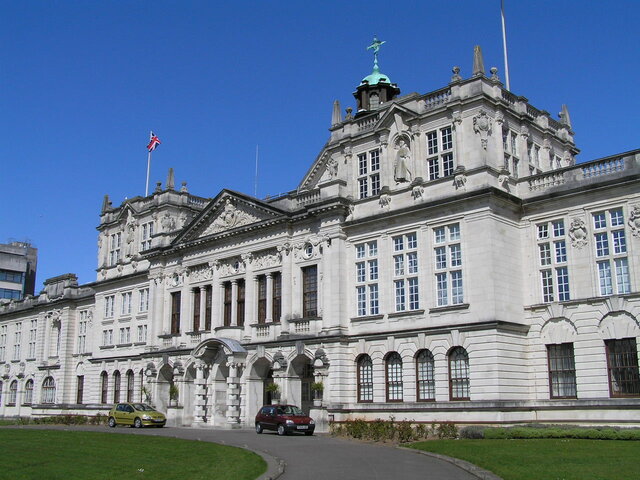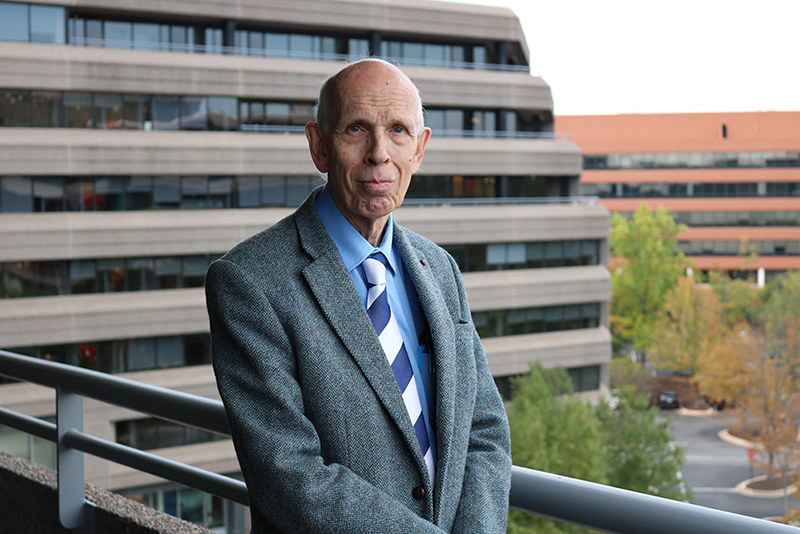Vice-Chancellor confirms the University will cease any links with Russia in support of Ukraine
SEVERAL Cardiff University academics have withdrawn from events in Russia amid the attacks on Ukraine.
Vice-Chancellor Colin Riordan confirmed that a number of staff members cancelled invitations to visit the country for academic reasons “of their own accord,” but the University has demonstrated support for their actions.
Professor Ole Petersen, of Cardiff University’s School of Biosciences, is the academic director of the Cardiff University and Academia Europaea Knowledge Hub, a collaboration established to strengthen pan-European scientific collaboration and infrastructure across all disciplines.
After agreeing last year to give a lecture at the International Congress of Personal Physiology in Moscow this September, he changed his stance when Russia invaded Ukraine on February 24.
“As soon as I heard the news, I felt strongly that I did not want to be seen to be supportive of an event that was principally organised by the Russian side.
“Therefore, I informed all members of the organising committee that, in view of this extreme aggression towards Ukraine, I would decline to accept this invitation.”
He also pressed Academia Europaea to issue a statement condemning the invasion, as other academic societies did in the days after the attacks began.
Mr Petersen said: “I know some people have mixed feelings about this and believe that academics should not play politics.
“But at this moment in time, our main objective is to impress on as many Russians as possible how bad this is, while at the same time expressing admiration for Russian academics and journalists who have openly signed a critical letter in Russia.
“Sanctions within academia have always been controversial, but this attack on Ukraine is so blatant and outside all civilised norms that we have no alternative. We must react.”
The Vice-Chancellor echoed these sentiments, saying: “We must be careful not to withdraw our support from Russian academic colleagues who may have opposed Putinism for years, many thousands of whom are running a significant risk by signing statements opposing the war and the actions of their government.
“This is a complex set of circumstances and it is important to remember that a key role of universities is to build academic bridges where governments may destroy them.”
Cardiff University has publicly supported academics like Professor Petersen who have withdrawn from events in Russia and expressed similar criticisms of the Ukraine invasion.
The Vice-Chancellor added: “I am sure I speak for the whole of Cardiff University when I say we view the brutality and utter disregard for human life displayed by Putin with the utmost horror.
“In common with many universities across the world, we unequivocally condemn this catastrophic aggression.”

He said that Cardiff University is working with the Council for At-Risk Academics (CARA) to support Ukrainian academics who may seek refuge in the UK.
The Vice-Chancellor confirmed that Cardiff University does not have any Russian-funded research projects or student exchange links with Russian universities, and will continue to cease any links with the country.
He said: “We must ensure that any collaboration with Russian government agencies or sources of Russian government funding ceases immediately. Thus far we have not identified any instances of this nature, but please do inform Professor Ruedi Allemann, PVC International, if you are aware of any.”



